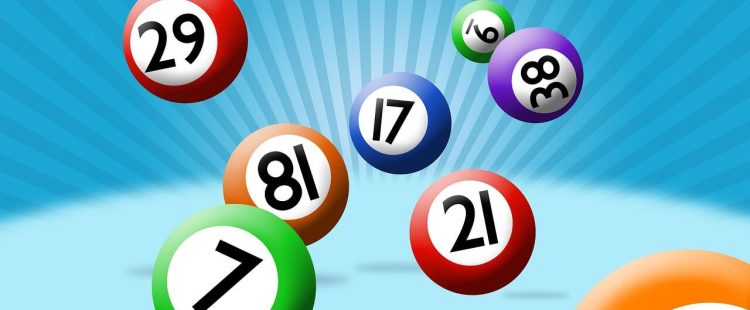Imagine waking up one morning to discover you’ve won the lottery. The rush of excitement, the dreams of exotic holidays, new cars, and generous gifts to loved ones: it’s intoxicating. But fast-forward a few years, and many lottery winners find themselves back where they started, or worse. Why? Because sudden windfalls, without a plan, often lead to poor decisions. Conversely, the unfounded belief that it’s only a matter of time before you’ll strike it rich it can take the place of sound planning. This same psychological trap can quietly sabotage your retirement. At EvolveMyRetirement, we call this phenomenon The Lottery Effect. And it manifests in two distinct but equally dangerous ways.
Treating retirement lump sums like windfalls
One of the most common examples of the Lottery Effect is how people treat their Pension Commencement Lump Sum (PCLS), the tax-free lump sum many receive when they begin drawing from their pension. It’s easy to see why this could feel like a windfall. After decades of saving, you suddenly have tens or even hundreds of thousands of pounds at your disposal. The temptation to splurge is strong: a new kitchen, a luxury cruise, helping out the kids with a house deposit.
While none of these are inherently bad choices, the danger lies in treating the lump sum as extra money rather than as an integral part of your retirement plan. Every pound you spend now is a pound that won’t be generating income or growth for your future self.
There’s a flip-side to the coin: aversion to annuities. An annuity provides guaranteed income, but in return you have to part with a substantial lump sum. That can feel like a windfall in reverse, and can trigger a reverse Lottery Effect.
The Risk: Without a clear, long-term strategy, you may find yourself running short of funds in your later years, just when healthcare costs rise and flexibility diminishes.
The Solution: Use a planning tool like EvolveMyRetirement®. You can model different scenarios. What happens if you spend £50,000 of your PCLS now versus investing it? How does that affect your future prospects? A good plan doesn’t just tell you what you can afford, it shows you what you might regret.
Chasing the next big thing: over-concentration in high-risk assets
The second form of the Lottery Effect is subtler but just as perilous: the belief that one or two high-risk investments will be your golden ticket. This might mean putting a large chunk of your retirement pot into a tech startup, cryptocurrency, or a friend’s business venture. The logic is seductive: “If this takes off, I’ll never have to worry about money again.”
But this mindset is eerily similar to buying a lottery ticket and hoping for the best. The odds may be slightly better, but the consequences of failure are likely to be far worse, as the investment sums involved are typically much larger.
The Risk: Over-concentration in speculative assets can devastate your retirement security. Unlike younger investors, retirees (and those rapidly approaching retirement) don’t have decades to recover from a major loss.
The Solution: Diversification isn’t just a buzzword: it’s your safety net. EvolveMyRetirement® helps you visualise how investment risk-versus-reward affects your long-term sustainability. Want to allocate 5% to a moonshot investment? Fine. But see how that fits into the bigger picture before you commit.
Why the Lottery Effect is so hard to resist
Both forms of the Lottery Effect stem from the same psychological bias: mental accounting. We tend to treat money differently depending on its source or perceived purpose. A lump sum feels like “bonus” money. A speculative investment feels like a shortcut to freedom.
But in retirement planning, all your money should be working toward one goal: sustaining your lifestyle for the rest of your life. There are no bonuses. No shortcuts. Just trade-offs.
How to avoid the Lottery Effect
Our Intelligent Retirement Planning Calculator is designed to counteract the Lottery Effect by giving you a holistic, dynamic view of your financial future. Here’s how:
- Scenarios: Test what happens if you spend your PCLS versus investing it. Or if your speculative investment succeeds or fails.
- Sustainability: See how your decisions affect the long-term viability of your retirement plan.
- Adaptability: Life changes; so should your plan. The tool lets you adjust planning assumptions and instantly see the impact.
- Optimisation: Rather than trying out numerous scenarios, the tool can optimise your plan based on criteria you set.
Final thoughts: plan like you’ve already won
The irony of the Lottery Effect is that you have already won: by saving diligently, planning ahead, and thinking seriously about your future. Don’t let short-term excitement or misplaced optimism derail that victory.
Retirement shouldn’t be a gamble, but a journey. And with the right tool, you can navigate it with clarity, confidence, and peace of mind.
